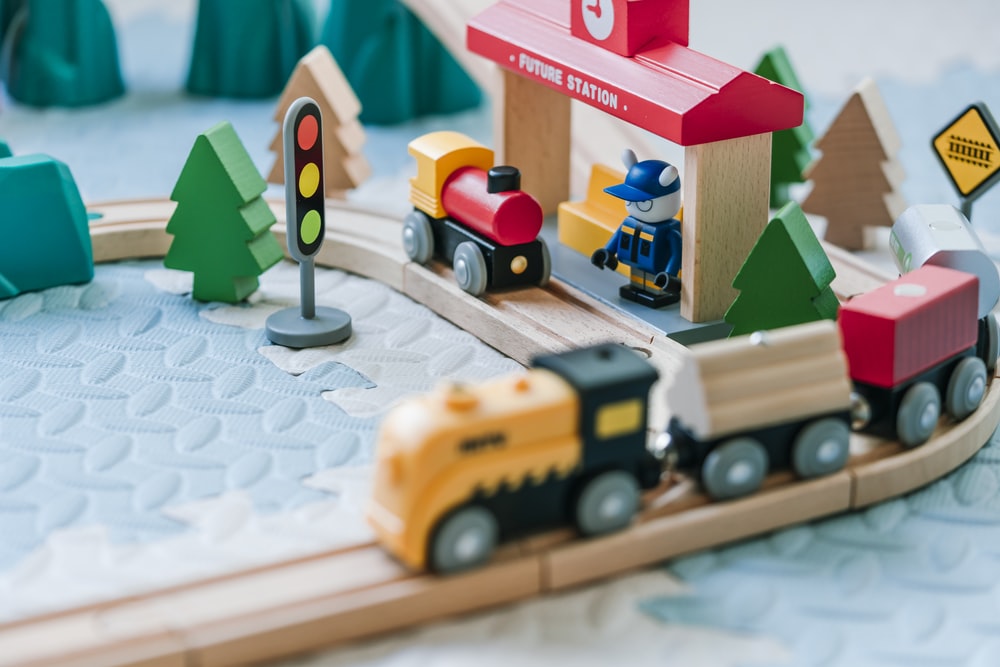Children’s educational toys not only help them gain essential abilities, but they also entertain them. They also assist children in the development and improvement of critical life skills. Using carefully selected educational toys from Nesk Kids, children can develop their creativity, self-confidence, independence, responsibility, and integrity abilities.
Creativity
One of the most distinguishing characteristics of educational toys is their ability to encourage creative, open-ended play. A wooden food tray might motivate a child to spend an entire afternoon pretending to be a waiter in a pretend restaurant or planting and harvesting vegetables on a pretend farm. It is possible to construct a skyscraper, a road system, a fortification, an automobile, or even different animals out of a set of blocks. In addition, there are virtually unlimited possibilities for a pound of modeling clay! Imagination is developed via play, and the more time a youngster spends exploring all the different things a toy may become, the more developed the child’s imagination skills are. When children are exposed to new possibilities, they develop an open-mindedness that will enable them to develop creative and innovative solutions to any problems that they may come into as adults.

Self-Confidence
Building self-confidence in children can be accomplished through play that encourages the youngster to assert themself. When children are singing, performing, or acting in front of an audience, they can establish themselves more effectively during the planning stage and the actual performance. Children can also learn to assert themselves through role-playing scenarios or informal arrangements with their classmates. This style of play is encouraged by open-ended toys such as musical instruments, dress-up outfits and props, and other such items.
Taking calculated risks that pay off will also help to build a child’s self-esteem. Susan G. Solomon, author of American Playgrounds: Revitalizing Community Space, observes that playgrounds are a valuable resource for communities “Children must be given the opportunity to take reasonable risks, learn about cause and effect, make decisions, and observe the consequences of those decisions. It is possible that we will lose a generation of entrepreneurs and scientists if they do not learn to take chances.”
To take such risks, children must develop abilities in risk assessment and decision-making so that they may be sure that the changes they intend to take are indeed acceptable. Youngsters must consider the dangers associated with riding and operating large toys such as bicycles. The logic required to play various strategy-based board games such as Monopoly, chess, and checkers involves risk assessment, such as deciding whether or not to invest in a property or risk one piece in the hope of a more significant gain in the long run.
Children’s decision-making abilities should be developed as well to improve their ability to calculate risks. Science and engineering kits can assist by asking youngsters to judge how to conduct an experiment or construct a functional machine based on observations and instructions. This skill can also be developed through the use of puzzles and building construction kits.








